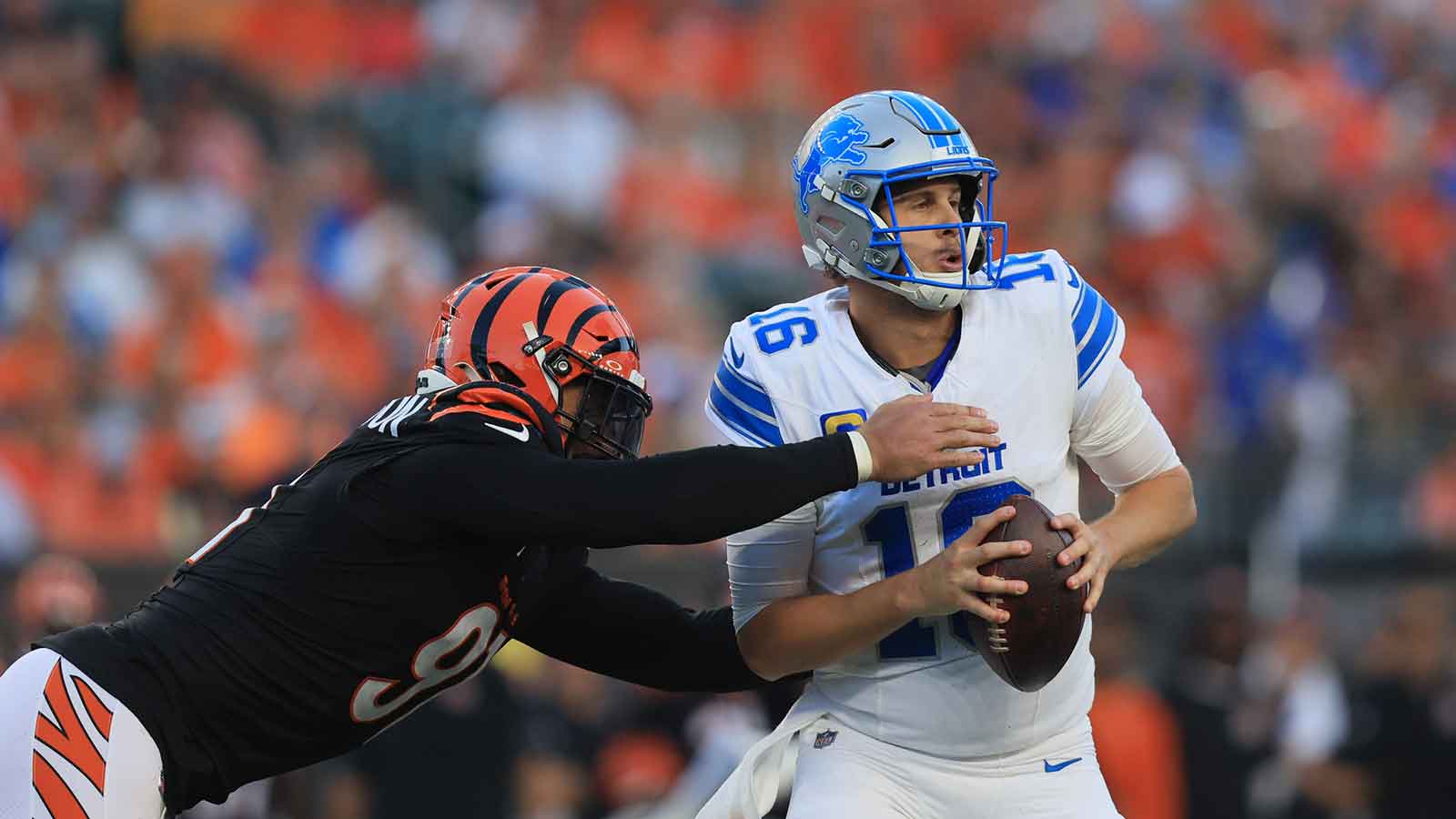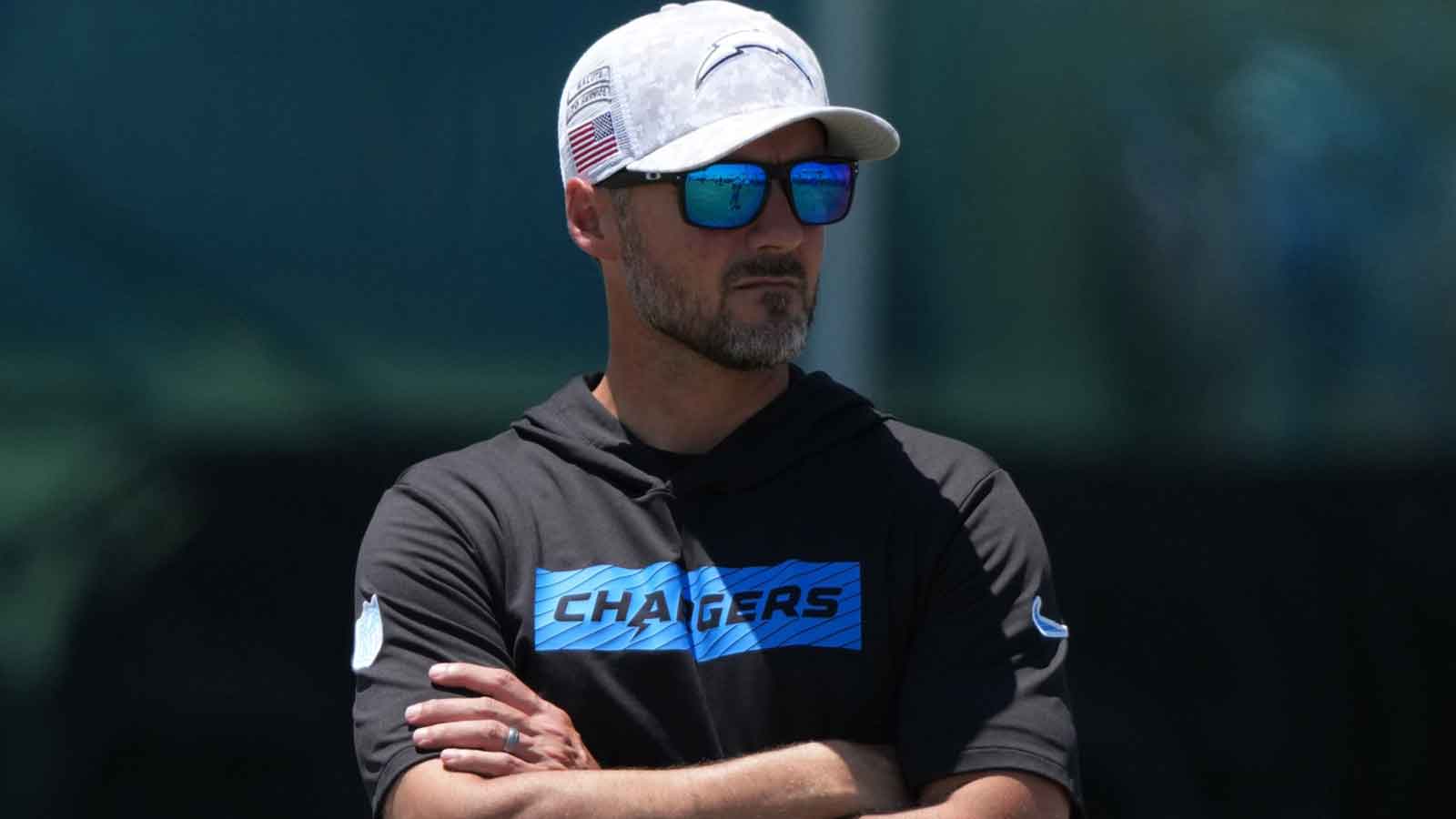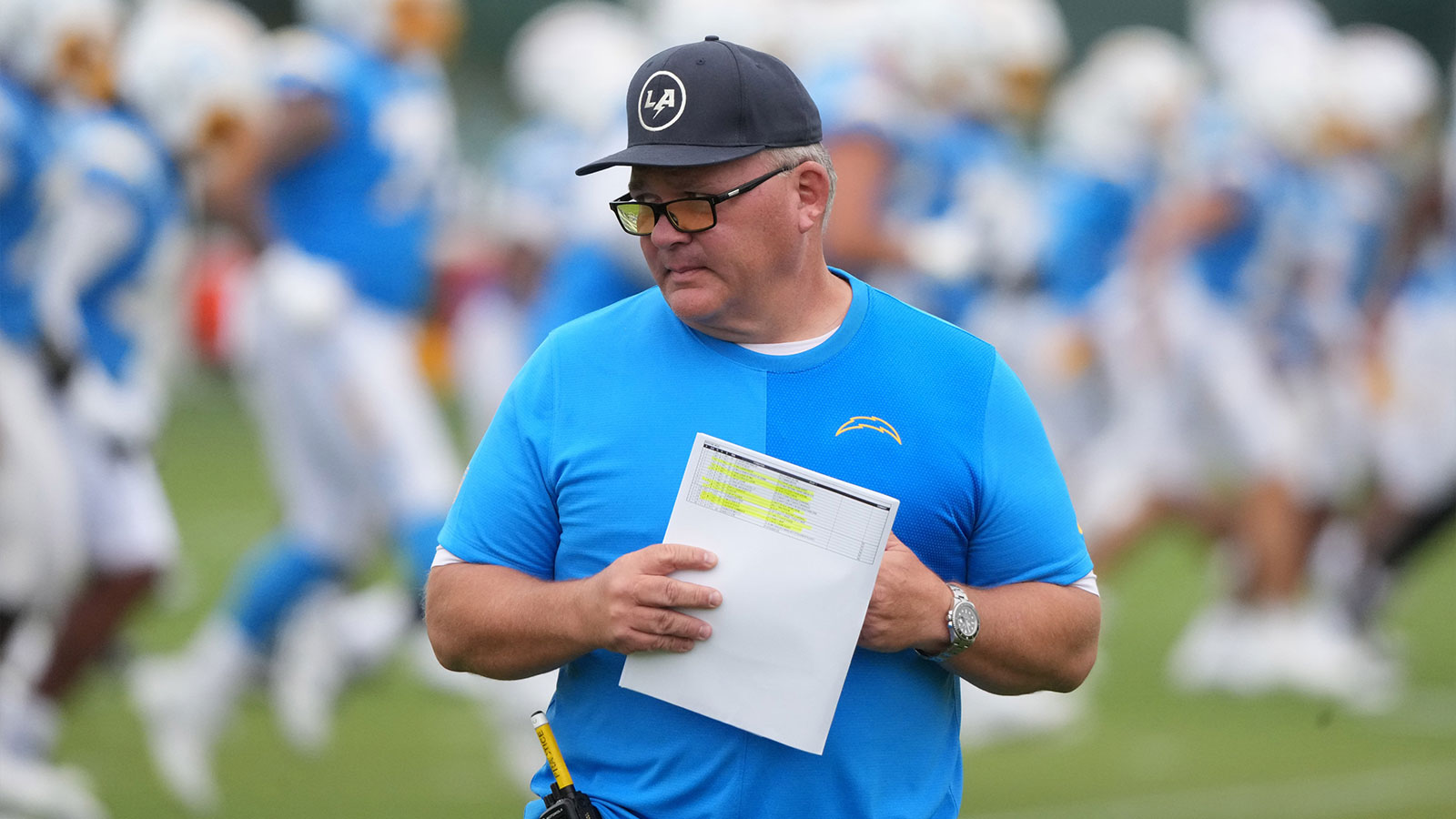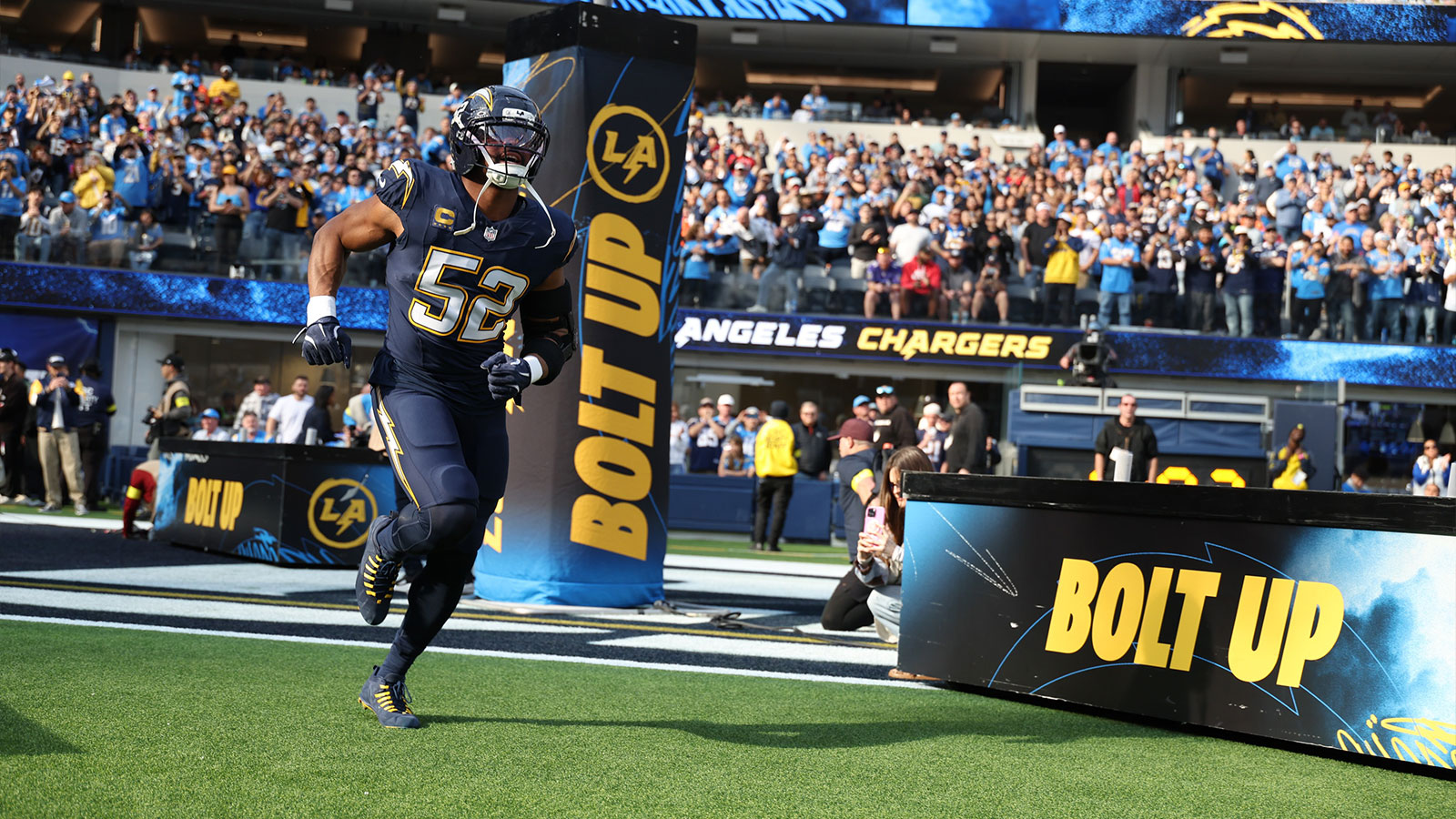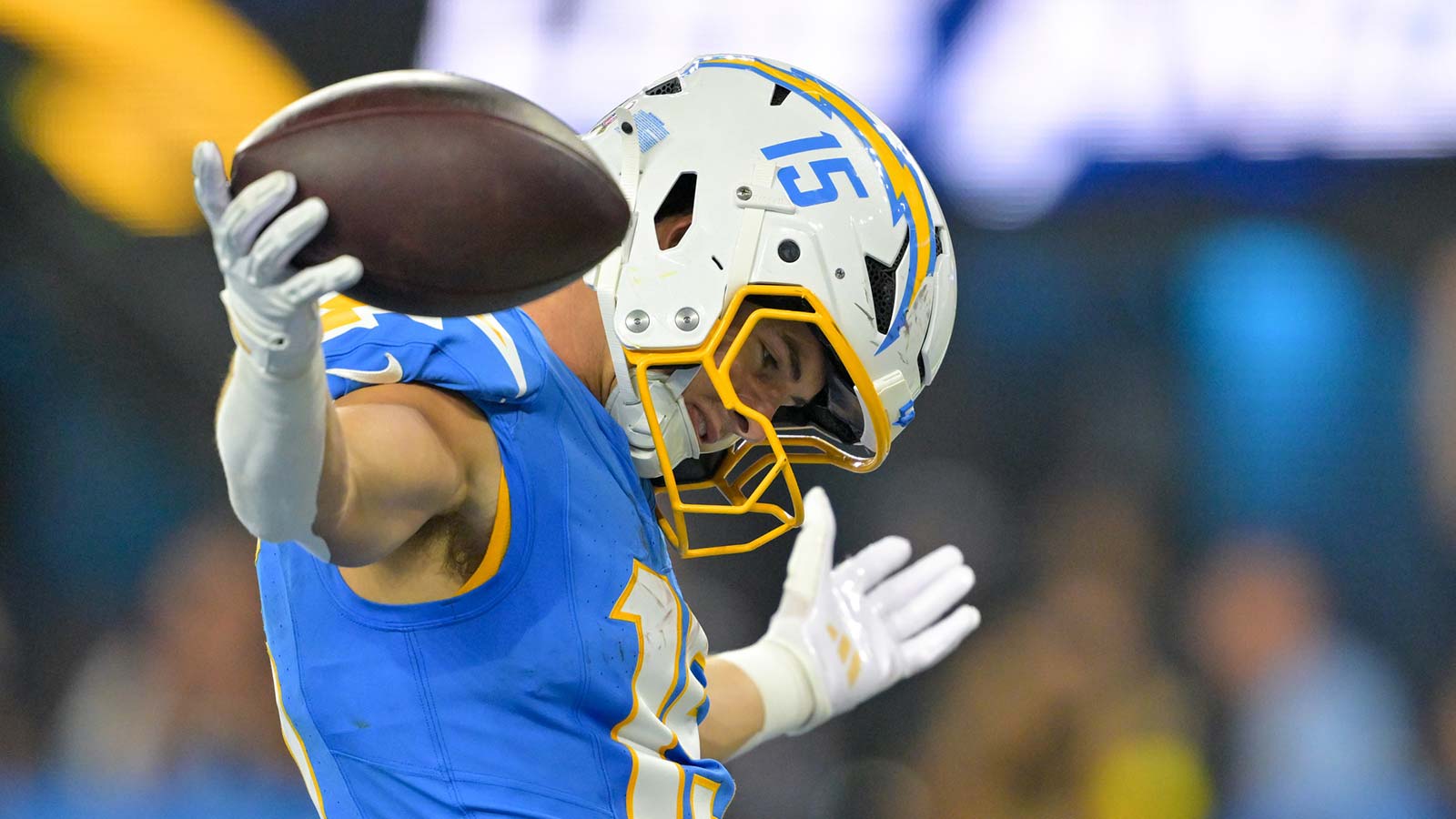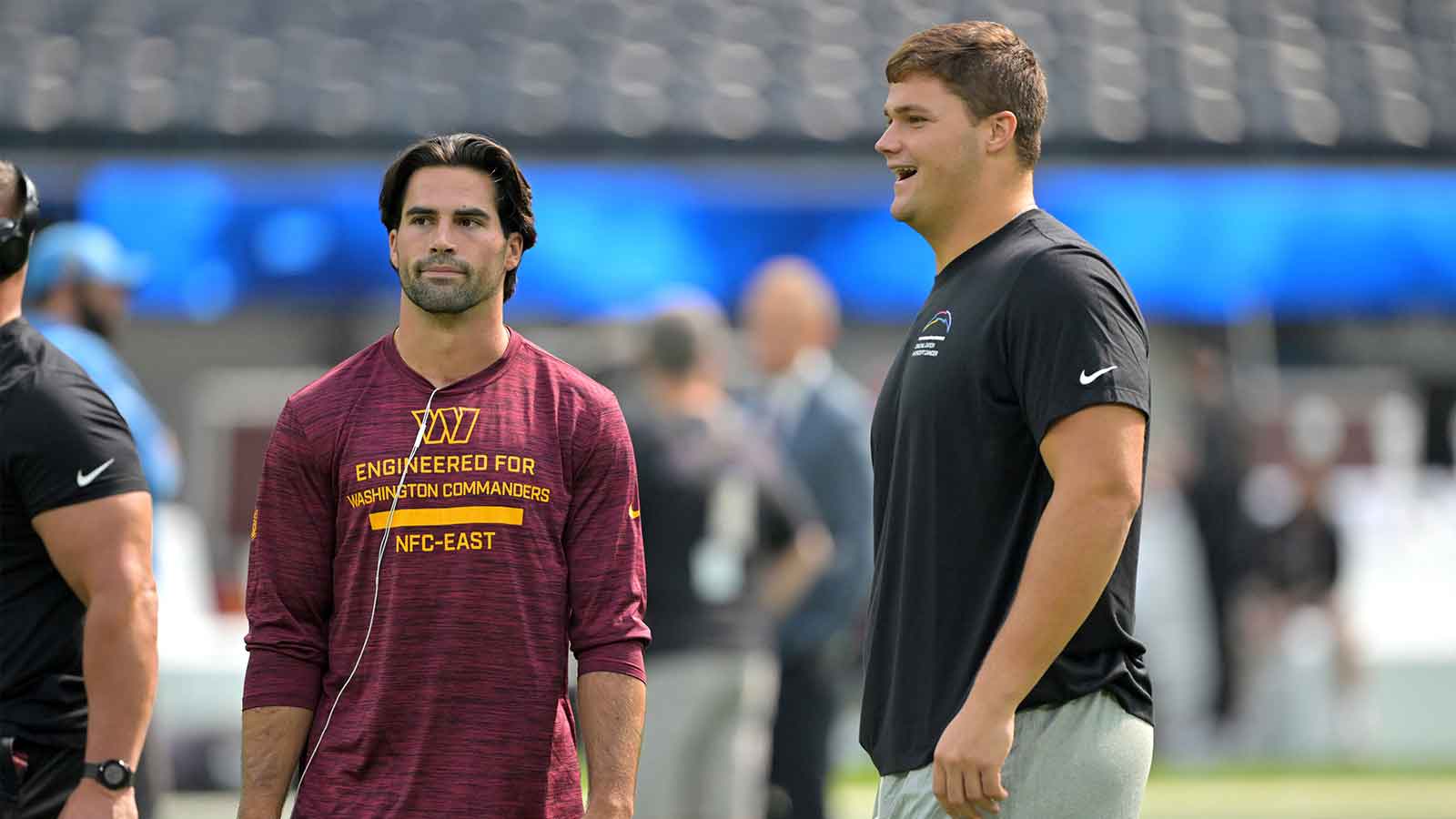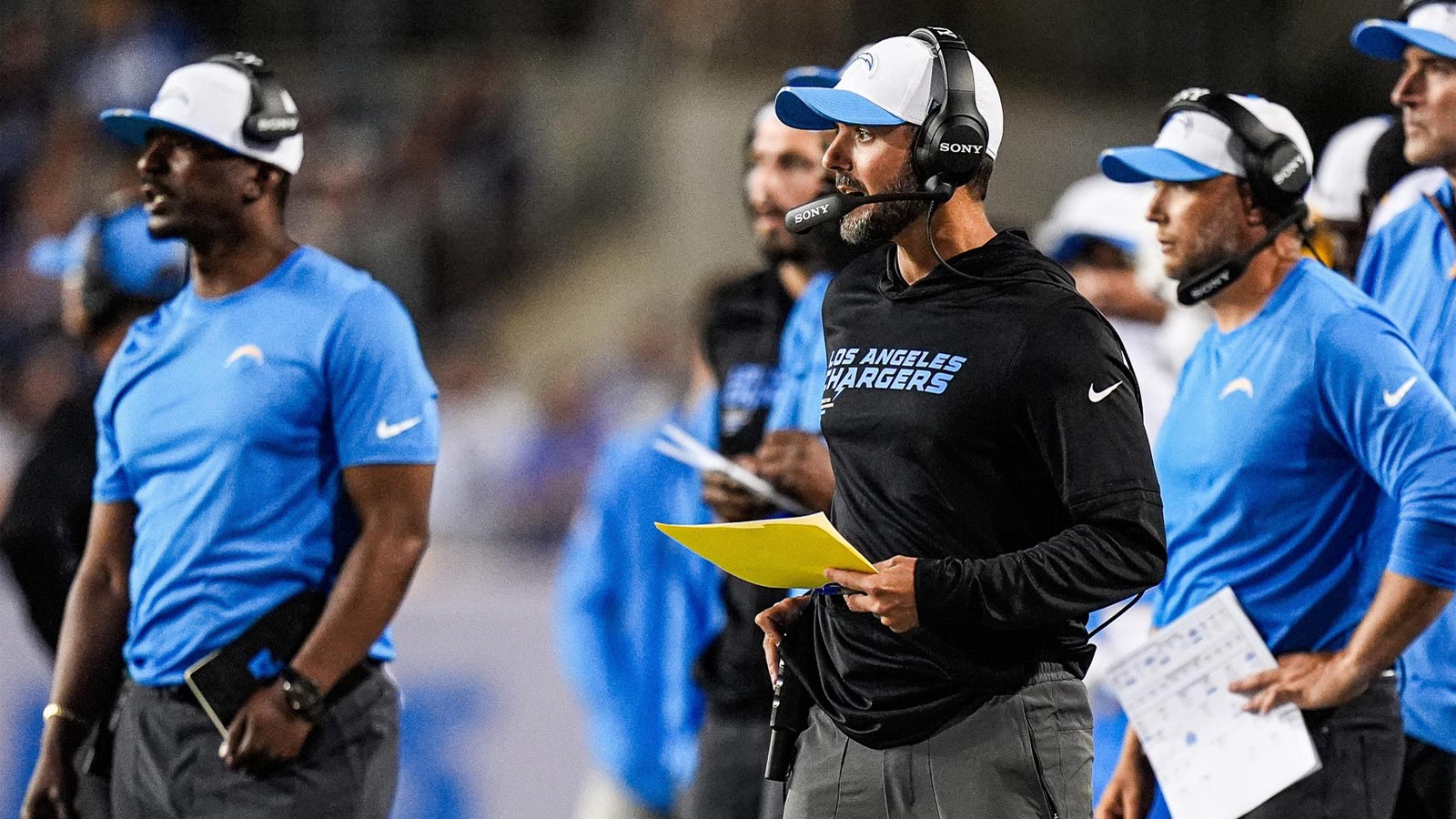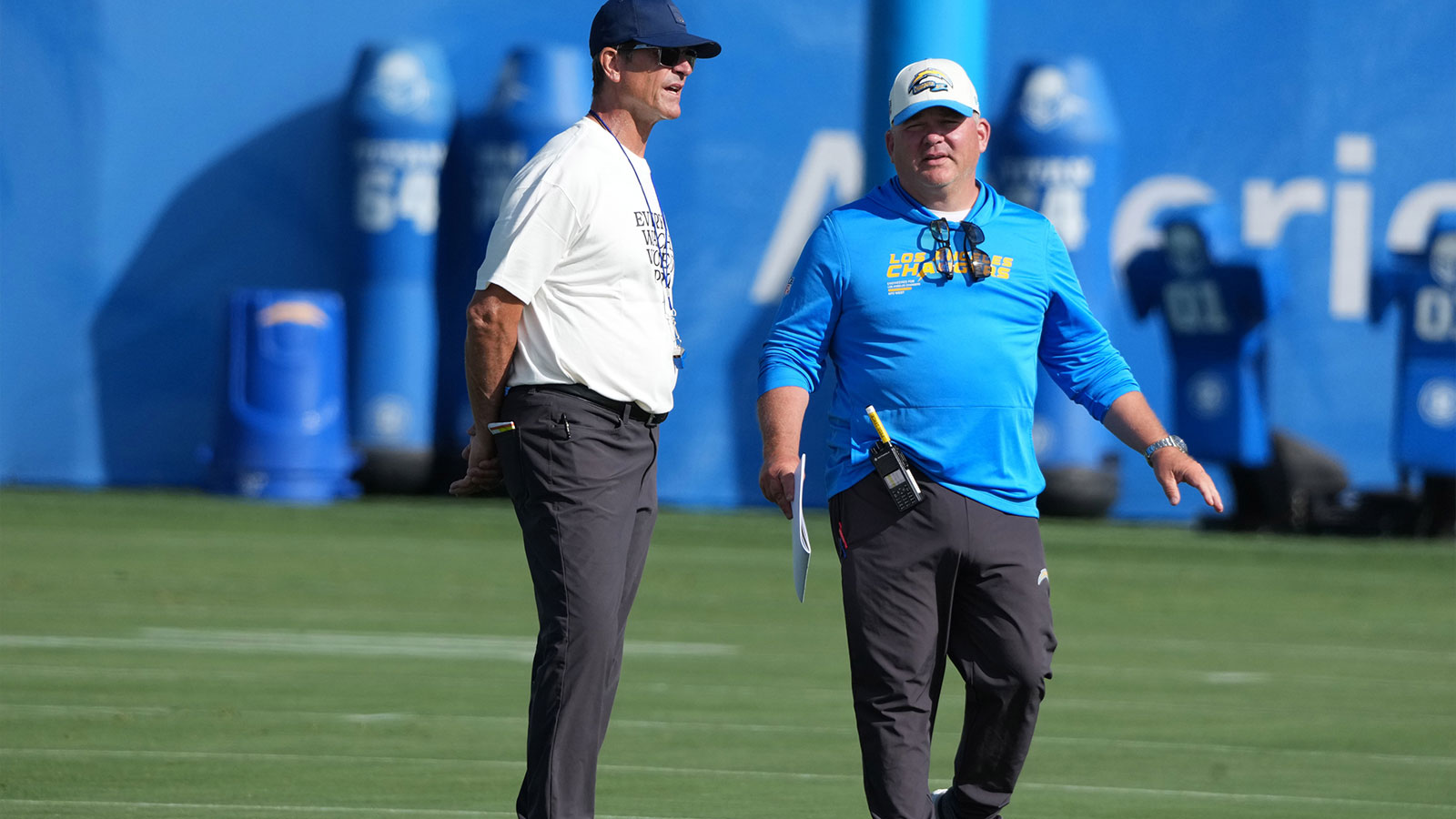In 2023, running back Austin Ekeler remained with the Los Angeles Chargers despite expressing a desire for a trade. As Ekeler approaches free agency, the Chargers have made a significant decision regarding their star player. They will not utilize the franchise tag on him. This grants him the opportunity to explore free agency, as reported by ESPN's Adam Schefter. Had Ekeler received the tag, he would have been entitled to just over $11 million. Here, we delve into the strategic rationale behind the Chargers' decision.
The Chargers' 2023 Season
The 2023 season for the Chargers was characterized by a rollercoaster of highs and lows. It ultimately resulted in a disappointing 5-12 record and the team missing out on the playoffs. Despite notable performances from key players such as Justin Herbert, the team struggled to maintain consistency on both offense and defense. Injuries plagued the roster, disrupting any chance of building momentum throughout the season. The Chargers' defense also faltered in critical moments, contributing to losses in closely contested games. As for Austin Ekeler, while he demonstrated versatility and playmaking prowess, the team's overall performance failed to meet expectations. This season underscored the importance of strategic roster decisions to reignite the Chargers' aspirations to return to the playoffs in 2024.

Here we will look at why the Los Angeles Chargers made the right call to not franchise tag Austin Ekeler.
The Right Move
Austin Ekeler's chances of receiving the franchise tag were slim to begin with. This was considering the Chargers' historical reluctance to offer him significant contracts and his decreased productivity during the 2023 season. Now, he aims to persuade other teams that his performance suffered due to a high-ankle sprain and overall team dysfunction in Los Angeles. This hindered his ability to find running lanes and accumulate yards. Sure, Ekeler's compatibility with the Chargers' new offensive coordinator, Greg Roman, remains uncertain. That said, a potential return to Los Angeles cannot be completely discounted. Take note that should he sign elsewhere, it remains unclear whether Ekeler will assume a lead back role or operate as a part of a shared backfield.
The Chargers' decision not to franchise tag Ekeler was driven by several factors. Firstly, it allowed the team financial flexibility to address other needs and explore free agency options. Secondly, it reflects the organization's commitment to nurturing young talent for future success. Thirdly, despite Ekeler's value, the Chargers possess depth at the running back position with someone like Joshua Kelley. This can ensure resilience against injuries and enable diverse offensive strategies. Lastly, the decision exemplifies strategic planning. The team is prioritizing long-term success over immediate gains within the team's vision.
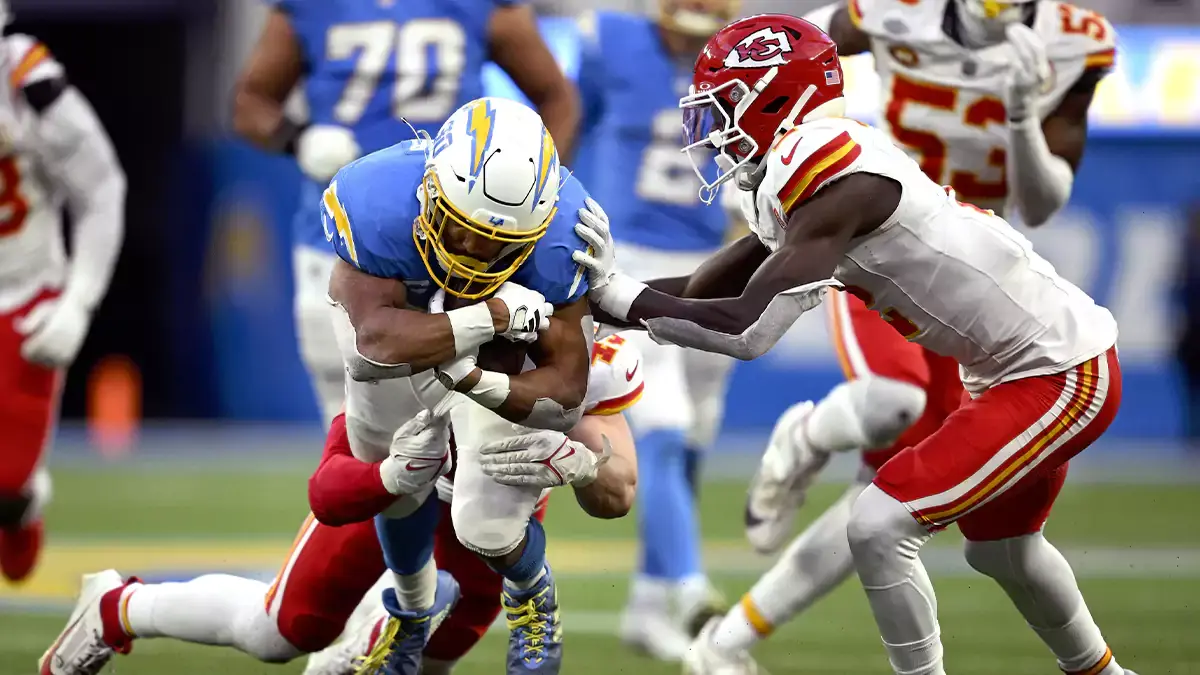
A Shifting Trend in Running Back Contracts?
A pattern seems to be emerging among running backs. Several notable players are not expected to receive the franchise tag, indicating a reluctance among teams to commit significant funds to the position. The lack of new long-term deals for running backs also underscores the replaceability of the position at the top level, provided the offensive line performs adequately.
Challenges Ahead for Ekeler
With numerous high-profile running backs hitting free agency this offseason, Ekeler and others may struggle to secure the long-term contracts they desire for the 2024 season. Despite this, Ekeler's versatility remains a valuable asset. We have seen this in his impactful performances in multiple facets of the game. Yes, his production dipped in 2023. Still, Ekeler's past achievements, including career-best numbers in rushing and receiving in 2022, may attract interest from teams. That's also despite his nearing 30 soon.
Looking Ahead
In conclusion, while Austin Ekeler's impact on the field is undeniable, the Los Angeles Chargers' choice not to franchise tag him demonstrates a forward-thinking strategy. This is aimed at strengthening the team holistically. By prioritizing financial flexibility, youth development, positional depth, and strategic planning, the Chargers have set themselves on a path towards sustained success in 2024. This decision underscores their commitment to building a competitive roster capable of contending for the postseason in the years to come.









